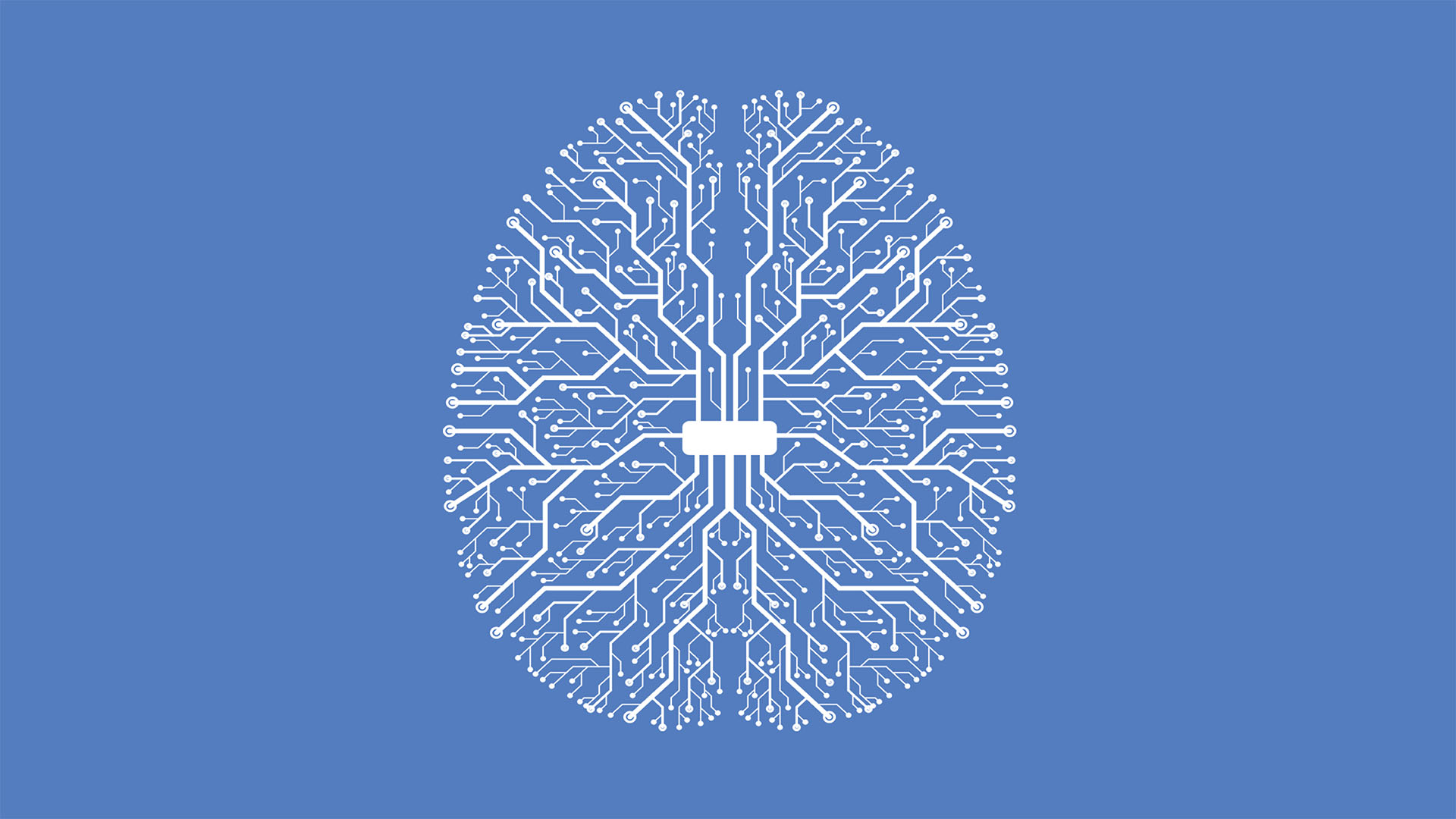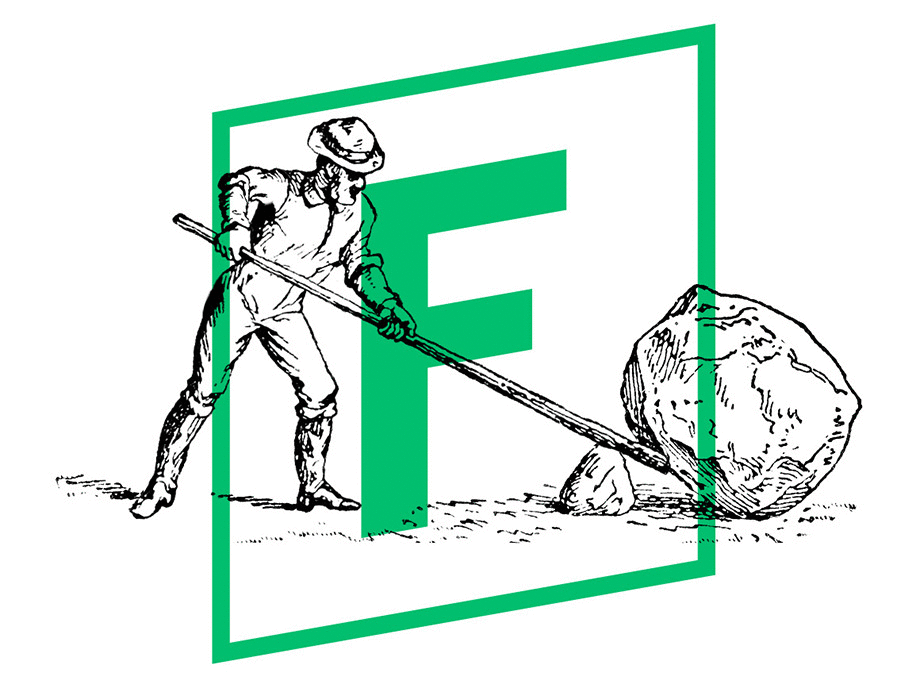
What Greater Investments in AI & Machine Learning Mean for Hiring & Training
Last week, Google unveiled its new venture fund dedicated to investing in AI and machine learning companies. According to Wired, the fund serves as a signal that Google believes AI and machine learning are the future of technology – a strategy that others like Amazon, IBM and Microsoft are vigorously pursuing as well.
Once just a sci-fi dream (or nightmare, depending on the movie), recent advancements in AI and machine learning have resulted in real-world applications that are changing the game across a wide variety of industries. Indeed, from Apple’s Siri to Amazon’s purchase recommendations to the Nest learning thermostat, A.I. is already dramatically affecting our everyday lives. In fact, more and more companies are realizing the power of these technologies, and actively exploring how to integrate them into their products and services.
In our industry, we see enormous potential for these technologies to change the efficiency and efficacy with which people are hired and trained.
For example, this week The Wall Street Journal published an article detailing how the consumer goods giant, Unilever, is using algorithms to sort potential hires and validate the qualifications of applicants. While humans make the final hiring decisions, applicants can go through as many as three “interviews” before ever meeting a human from Unilever’s HR department. According to Unilever, this process has made hiring faster and more accurate – 80 percent of applicants who make it to the final round now get job offers, and a similar number accept.
Within corporate learning and risk management departments, some companies are modernizing their training with adaptive technology that is powered by A.I. and machine learning. These adaptive technologies adjust the frequency, modality and difficulty of learning based on the needs of the individual learner, making training much more personalized and effective. For example, by coupling adaptive learning with proprietary algorithms in our platform, our clients have experienced a 24% reduction in time to proficiency, improved learner confidence and 32% improvement in knowledge levels. Also, clients report that learners actually like learning in the platform, saying things like “I loved this course,” and calling it, “the best computer-based training to date.”
We expect the trend toward increasingly dynamic, adaptive technology to continue until adaptive learning advances from hard-coded instructions and human-generated variables into authentic AI-driven learning. We are currently using A.I. to evaluate and deliver course content, based on learner performance, and we see A.I. as critical to our strategic road map much as companies like Amazon and IBM do.
Also, due to the explosion of the eLearning industry over the past decade, companies have access to more data than ever before about how people learn. Today, machine-learning algorithms can analyze this data to predict learner outcomes and identify risks before they become problems. In fact, our current machine-learning algorithms can predict which learners won’t finish the course and identify learners who don’t have an adequate level of understanding. This last point is incredibly important because our clients are actually able to proactively identify “at-risk” employees before they go back to the workplace and make an on-the-job error or mistake. In high-stakes scenarios, preventing these errors can save time, money, and even lives.
As more data becomes available, and machine-learning algorithms advance further, the predictive analytics for learners and students will expand, empowering companies with advantages like never before.
Bottom line: AI and machine learning are already affecting hiring decisions and learner outcomes in big and impacting ways, and their effects on the HR and training industries will only continue to grow as the technologies themselves advance. Check out how Fulcrum Labs leverages AI-based and machine-learning algorithms.
